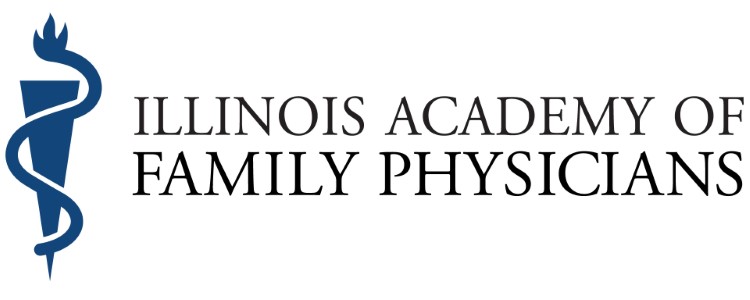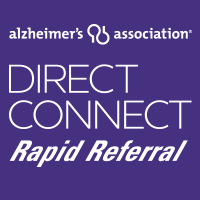From the FPs in FQHCs Member Interest Group
Federally Qualified Health Centers (FQHC) are a vital pillar in meeting the needs of patients across the country. Not only do they provide care for those who are uninsured or undocumented, they also provide the foundation for patients covered by public programs like Medicaid and Medicare in the most comprehensive and cost-effective setting. Illinois’ 413 Community Health Center sites served over 1.3 million patients in 2017, the last year that data is available. Find more impressive facts and figures from the Illinois Public Health Care Association.
Research shows that connecting patients with a primary care medical home ensures preventive services, chronic disease management and the right care at the right time to keep patients out of the emergency room and prevent costly hospitalizations. Family physicians are the foundation of FQHC providers and leadership because of their broad scope of training and their dedication to treating the whole person in connection with their family and community situation. The FPs in FQHCs Member Interest Group is dedicated to improving care and provider satisfaction across our FQHCs through information sharing and education.
They also strive to recruit talented and dedicated IAFP members to careers in FQHC models. This blog post will provide a snapshot from three different FQHCs; but opportunities for family physicians to practice nearly anywhere and everywhere in Illinois are out there. This map shows the location of all the community health centers in the state (you’ll find links to maps for Chicago, Cook County-excluding Chicago, and the rest of Illinois minus Cook County/Chicago.
Now let’s take a deeper dive into City, Suburban and Downstate FQHCs
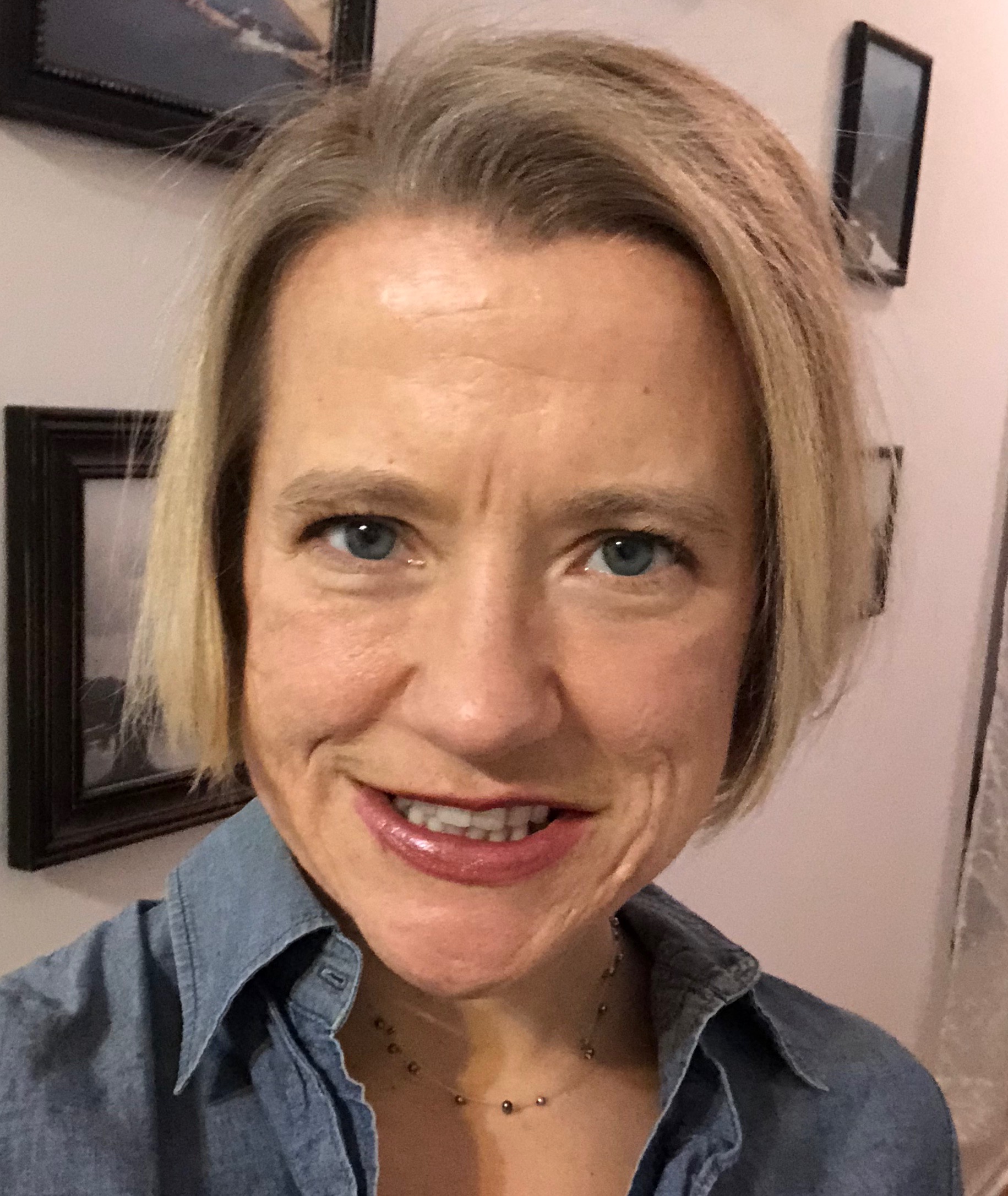 Chicago FQHC - Mara Divis, DO - Erie Family Health Center, Helping Hands
Chicago FQHC - Mara Divis, DO - Erie Family Health Center, Helping Hands
Shortly after I started working at Erie Family Health Centers, I brought in a wall map of the world to the provider room at our outpatient clinic in the Albany Park neighborhood of Chicago. I printed at the top, “How diverse are Erie-Foster and 60625? Place a pin on the country of your patient’s origin.” I was accustomed to seeing patients from Mexico, Central and South America. Now my residents and I were caring for families from South, East and Central Asia, from the Middle East, from Europe and from Africa.
As the map accumulated its pins, I reflected on my work community. I briefly studied Spanish in medical school and spent a summer working at a family medicine clinic in Guatemala. I’d completed residency at an urban community hospital in Columbus, Ohio, where a sizeable Somali refugee population had resettled. I was familiar with using an interpreter for a history and physical, and with the myriad cultural inconsistencies between health care in the US and deeply rooted cultural and religious beliefs of patients’ from around the world. I felt a calling to continue to work with these populations who were increasingly marginalized.
Family medicine is never straightforward or easy with any patient population or in any practice environment. But the new challenges I faced upon arriving at Erie broadened my skills and strengthened my passion for the communities I now served.
One of my first patients as a new physician was a middle-aged gentleman, with coronary artery disease and atrial fibrillation, who needed prescription medication management, dietary counseling and a cardiac rehab referral. However, he was also undocumented and without insurance coverage. The medication he needed was expensive, unaffordable with his prep-cook wages. I needed to connect him to a pharmacy where his medications were affordable. He also needed our sliding-fee-scale program so that he could see a cardiologist at our partner hospital and his out-of-pocket cost would be determined by his income. His first language is Spanish. I was still best speaking English. So our conversations took twice as long; but we both needed to get it right. And I knew I needed to make my Spanish more fluent and soon!
Now I have days where I speak only Spanish for much of the session. Many words and turns of phrase I’ve learned directly from my patients. No me sirve might mean the pomada (cream) didn’t help the rash. Me siento mareado might mean vertigo, or also lightheadedness upon standing up too fast. Siento sola might warrant a deeper discussion about sadness or depression.
I have patients whose paths leading to Chicago I can only imagine, and whose life experiences have brought them challenges that stretch beyond their medical concerns. I’ve spent hours at the hospital, attending the second stage of labor of a patient who is a refugee from Myanmar, with a Rohingya interpreter on the speaker phone - and can’t begin to imagine her perspective on this scenario. I learn about trauma experienced crossing the US/Mexico border. I have patients desperately missing children back in the country they left, or unable to return home to visit a dying grandparent. And patients whose cheerful, warm demeanor belies the 10 years they lived in a Kenyan refugee camp. These stories are part of their past, their present, and woven into their ability to manage glucose control, blood pressure, depression and anxiety. So we acknowledge and embrace it all.
I welcome and embrace what these patients have taught me.
That wall map, studded with probably well over 100 pins, is now sun-faded. We take for granted that we see patients and families from Nigeria, the Philippines, El Salvador, Kyrgyzstan. Our mission is to meet them where they are and provide them excellent, evidence-based care.
And the map is there if we need it.
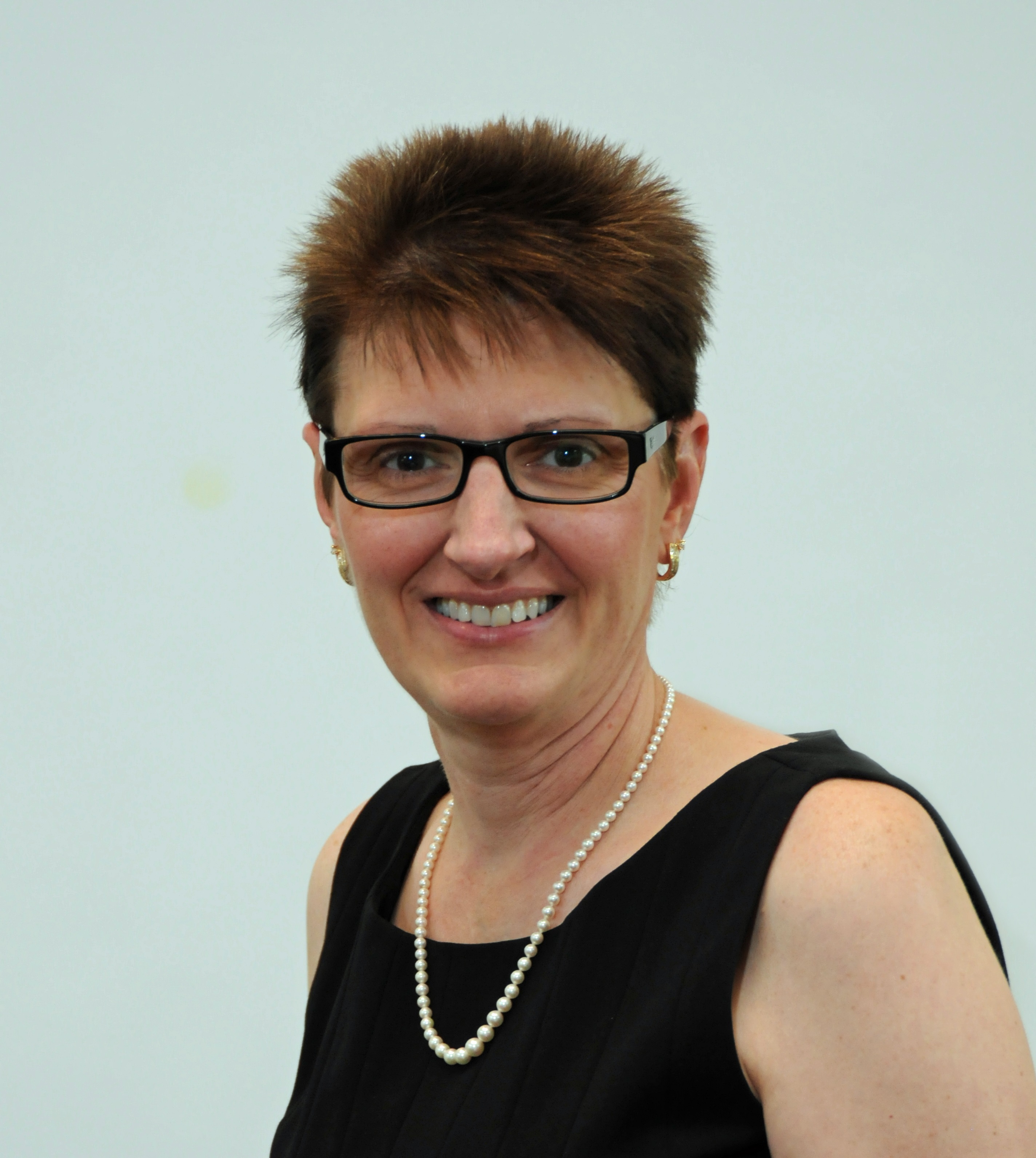 Suburban FQHC: Deborah Miller, MD – Program Director, University of Chicago NorthShore Family Medicine Residency Program (Evanston/Skokie)
Suburban FQHC: Deborah Miller, MD – Program Director, University of Chicago NorthShore Family Medicine Residency Program (Evanston/Skokie)
Six months after joining forces with the FQHC at Erie Family Health Center Evanston / Skokie, the University of Chicago NorthShore Family Medicine Residency is just beginning to reap the educational and patient care benefits available in their new practice home. Training in a FQHC brings a phenomenal value for the resident learners.
This Erie FQHC draws patients from different socioeconomic and cultural backgrounds not just from Evanston, Skokie and the Chicagoland area, but from all over the world! These patients bring a breadth of medical challenges that stretch the medical acumen of the residents and faculty. The team of nurses, social workers, dentists, and mental health providers within the office and the Erie system is right there to assist the physicians to meet the social, psychological and medical needs of the patients. The care is fluid and patient-centered.
The Erie Evanston Skokie location is a multi-specialty provider site representing the disciplines of Pediatrics, Internal Medicine, OB/GYN, Dentistry, Psychiatry and Family Medicine. The scope of services includes all acute and chronic medical conditions including Hypertension, Diabetes, Asthma, Obesity, Maternity Care, and Mental Health services for all age groups. Well care and disease prevention including Childhood and Adult Immunizations are the cornerstones of the medical care and are addressed at every visit. Walk in appointments for contraceptive and STI evaluation assist the community to easily obtain these important services. Same day appointments for acute care are always available. The quality of the care provided is exceptional and mirrors what one would find in private medical practice.
The center delivers top-notch care for patients from all walks of life by a medical team of dedicated multi-specialty providers who have a passion for serving the underserved of the community. Providers find the work rewarding with their colleagues and for their patients. This is largely driven by the like-minded nurses, medical assistants, PBA’s, LCSW’s, and administrative staff who all share a vision to improve the health of the community. Erie’s system ensures the medical and social support to allow for efficient workflows that enables providers to achieve professional and personal fulfilment. The environment is one of mutual respect for patients, resident learners and providers alike, making it an ideal location for providing outstanding patient care and resident education.
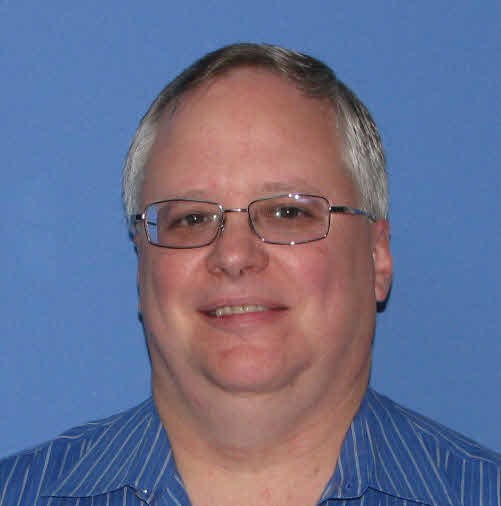 Downstate FQHC - Timothy Ott, DO - SIU Quincy Family Medicine
Downstate FQHC - Timothy Ott, DO - SIU Quincy Family Medicine
Some things about FQHCs change with location and some don’t. SIU Center for Family Medicine - Quincy is a rural site of a much larger FQHC centered in SIU Springfield. With our connectedness, we are the only FQHC in the country with three family medicine residencies fully embedded. With our multiple sites, besides the residencies, we have many services and sites under our umbrella and are able to serve the underserved of central Illinois in many ways.
In Quincy, we were able to keep dentists in our rural county by making them part of our FQHC. We also provide psychiatric and psychologist services available to our patients and the community. We have brought family medical personnel to a home for troubled youth that would otherwise not get medical care. After a community needs assessment, we have brought treatment for opioid use disorder, Hepatitis C treatment, PrEP and other services to our Center. Rural areas often lack jobs, health care services, transportation and other services. We are working to fill these needs in our area.
Our site has numerous advantages that make it a great place to practice.
- As a physician shortage area, federal loan forgiveness is available.
- As an FQHC, we are covered by federal tort law for malpractice. Cost is low, coverage is high.
- All our physician providers are faculty with the residency and work for SIU School of Medicine. All start as Assistant Professors and can obtain academic advancement.
- The residents are always on first call with a faculty physician that does hospital and OB work. For most of us that translates into about 7 nights of call every 6 weeks.
I have been working in this rural academic FQHC for about 10 years, after private practice in the suburbs of Pittsburgh for over 20 years. I find my current work , while maybe not as financially rewarding, to be always professionally, spiritually, academically and personally rewarding. Part of me wishes I had started this earlier in my career! It is great to be part of an organization that is improving care for central Illinois and providing top- notch health care to those who need it most.
Some final thoughts from the MIG
For those recently out of training, employment at a Health Professional Shortage Area like an FQHC usually qualifies one to apply for loan repayment via the National Health Service Corps. Salary might not be as initially rewarding as it would with work elsewhere, but this can be offset by the ability to pay off student loans more directly. And the opportunity to care for a patient population who may not otherwise find a medical home is an immeasurable benefit.
The FPs in FQHCs Member Interest Group is open to all IAFP members. Join the e-list by logging into your profile or email Ginnie Flynn and ask to be added to the list serve.
